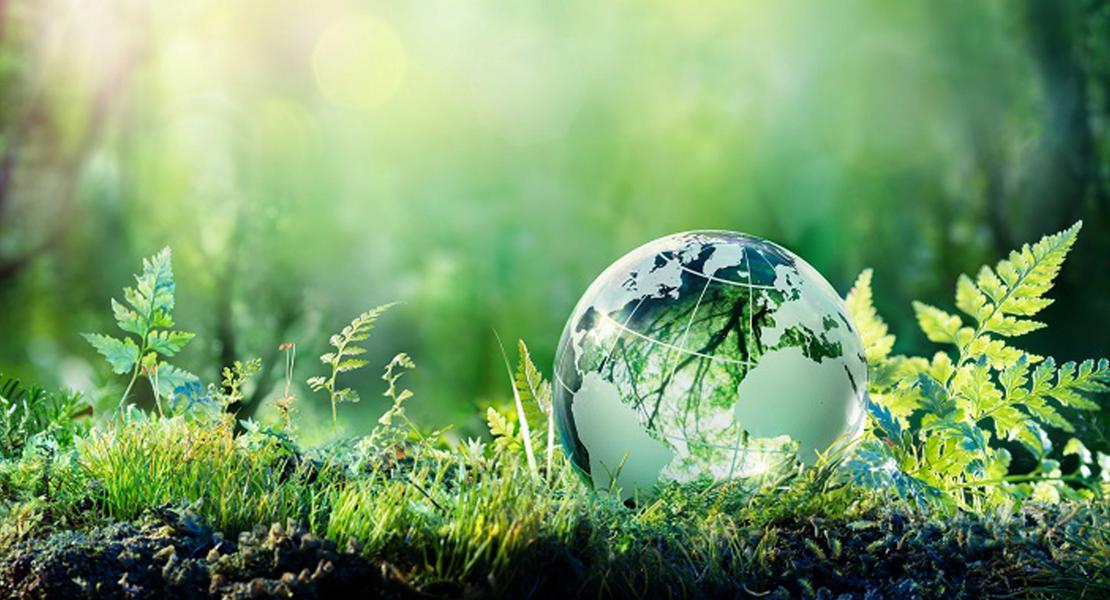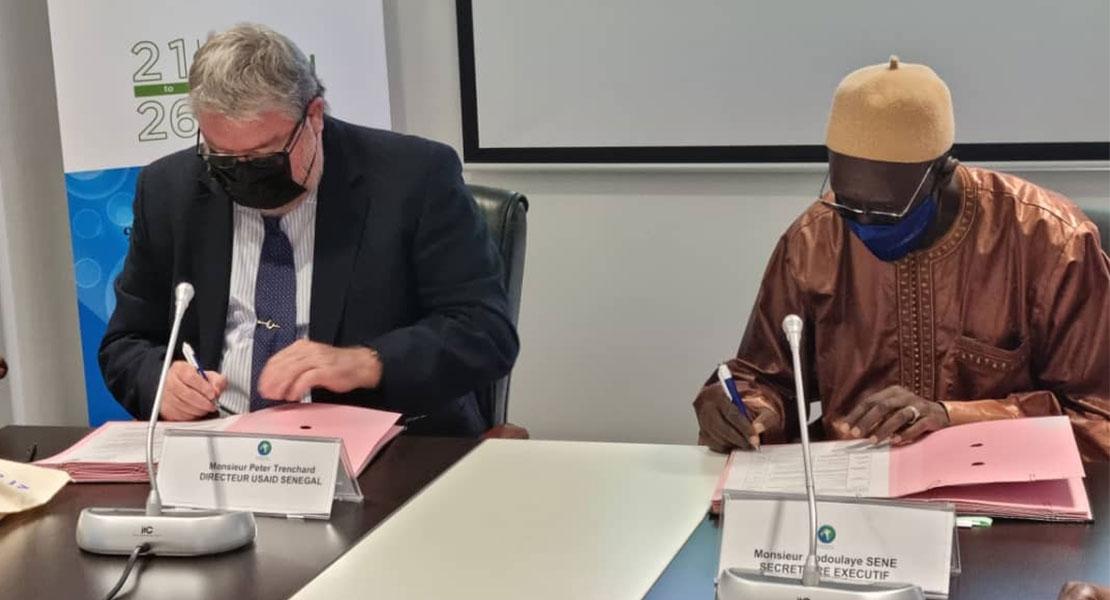The United Nations, recognizing that the protection and improvement of the environment is an issue of major importance that affects the well-being of people and economic development around the world, has designated 5 June as World Environment Day. The observance of this day provides a basis for enlightening public opinion and giving individuals, businesses and communities a sense of responsibility to protect and improve the environment. Since its launch in 1974, the Day has become a global platform for public awareness that is widely celebrated around the world.
The theme of World Environment Day on 5 June 2020 is Biodiversity: a call to action to combat the accelerated loss of species and the degradation of the natural world. One million plant and animal species are threatened with extinction, largely due to human activities. World Environment Day invites us to rethink the way our economic systems have evolved and the impact they have on the environment.
Biodiversity is a complex and interdependent web, in which each member plays an important role. The food we eat, the air we breathe, the water we drink, many life-saving medicines and the climate that makes our planet habitable all come from nature.
Each year, marine plants produce more than half of the oxygen in our atmosphere and a mature tree purifies our air, absorbing 22 kilograms of carbon dioxide and releasing oxygen in exchange. Despite all the benefits that our nature brings us, we still mistreat it, which is why we need a World Environment Day, whose host country in 2020 is Colombia. Healthy ecosystems, rich in biodiversity, are essential for human existence. Ecosystems support human life in many ways, purifying air and water, ensuring the availability of nutritious food, medicines and natural raw materials, and reducing disasters.
However, we have not taken care of nature. We are witnessing unprecedented bushfires in Brazil, California and Australia, locust invasions in the Horn of Africa, and coral destruction: reefs are dying.
Coronavirus disease (COVID-19) shows that the health of the planet is linked to our health. About 60% of all infectious diseases in humans are zoonoses, i.e. they reach us through animals. The emergence of COVID-19 has highlighted the fact that when we destroy biodiversity, we destroy the system that sustains human life. The richer the biodiversity in an ecosystem, the more difficult it is for a pathogen to spread quickly or to dominate. The loss of biodiversity provides the opportunity for pathogens to spread from animals to humans (Source: United Nations Environment Fund (UNEP)).















